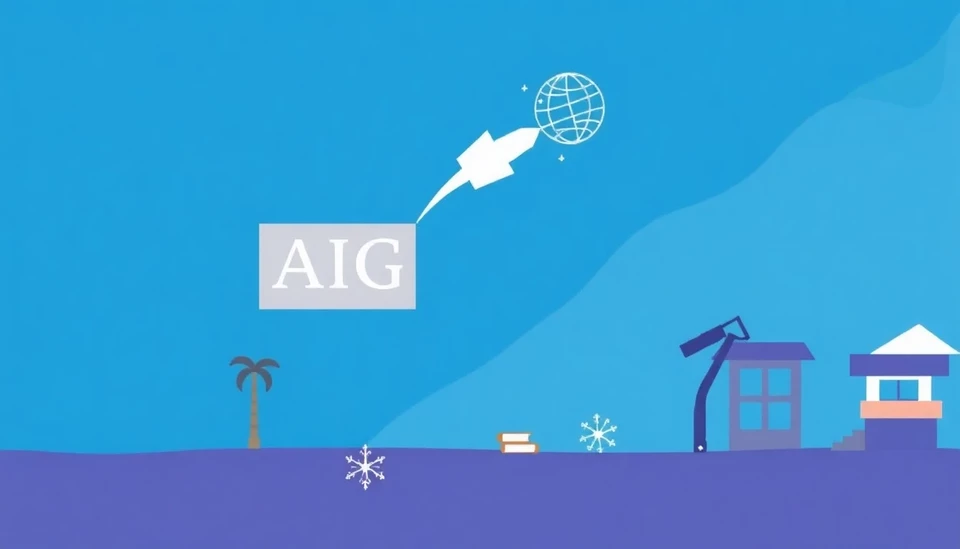
In a striking forecast released by AIG’s leadership, the insurance giant anticipates that global losses from disasters will soar beyond $200 billion by the year 2025. This alarming projection reflects a troubling trend of increasing frequency and severity of natural disasters, heavily influenced by climate change impacts and geopolitical factors.
AIG's Chief Executive Officer stressed the urgency of preparedness in the face of these overwhelming statistics. During a recent industry conference, he emphasized that the mounting costs associated with extreme weather events, such as hurricanes, wildfires, and floods, have placed an unsustainable burden on insurance companies and national governments alike. He noted that the reality of climate change is not merely a distant concern but an immediate and pressing issue that the global community must confront now.
According to AIG’s analysis, a combination of factors including urbanization, population growth in vulnerable regions, and inadequate infrastructure development contributes to the escalating disaster losses. These elements aggravate the impact of natural disasters, making recovery efforts more complex and costly. The CEO urged stakeholders in the insurance and reinsurance sectors to collaborate on innovative solutions that can mitigate risk and enhance community resilience.
Furthermore, AIG has taken steps to recalibrate its business strategies to align with the new normal of rapidly changing environmental conditions. This includes investing in technology and data analytics to improve risk assessment and offer more tailored insurance products that meet the unique needs of diverse clients. The move is seen as essential not only for the company's sustainability but also to effectively support communities as they navigate the challenges posed by climate change.
The rising frequency of disasters demands a unified global response, with the insurance industry playing a pivotal role. AIG hopes to lead this charge by promoting transparency and establishing standards that encourage responsible risk management practices across various sectors. As findings from climate scientists continue to highlight the dire forecasts related to extreme weather, AIG's leadership calls for immediate action not just within insurance, but across all sectors that contribute to climate resilience.
As stakeholders consider this extensive analysis, the overall message remains clear: The interplay of climate change and increasing disaster risk necessitates a revolutionary approach to how risks are managed and mitigated moving forward. If the predictions hold true, the implications will resonate deeply across economies worldwide, ultimately emphasizing the need for a comprehensive dialogue on adaptation and prevention strategies.
In conclusion, the urgency of addressing disaster preparedness cannot be overstated. As AIG steps forward with its forecast, it provides a crucial wake-up call for businesses, governments, and individuals alike to cooperate in building a more resilient and sustainable future.
#AIG #ClimateChange #GlobalDisasters #InsuranceIndustry #Resilience #DisasterPreparedness
Author: John Harris




